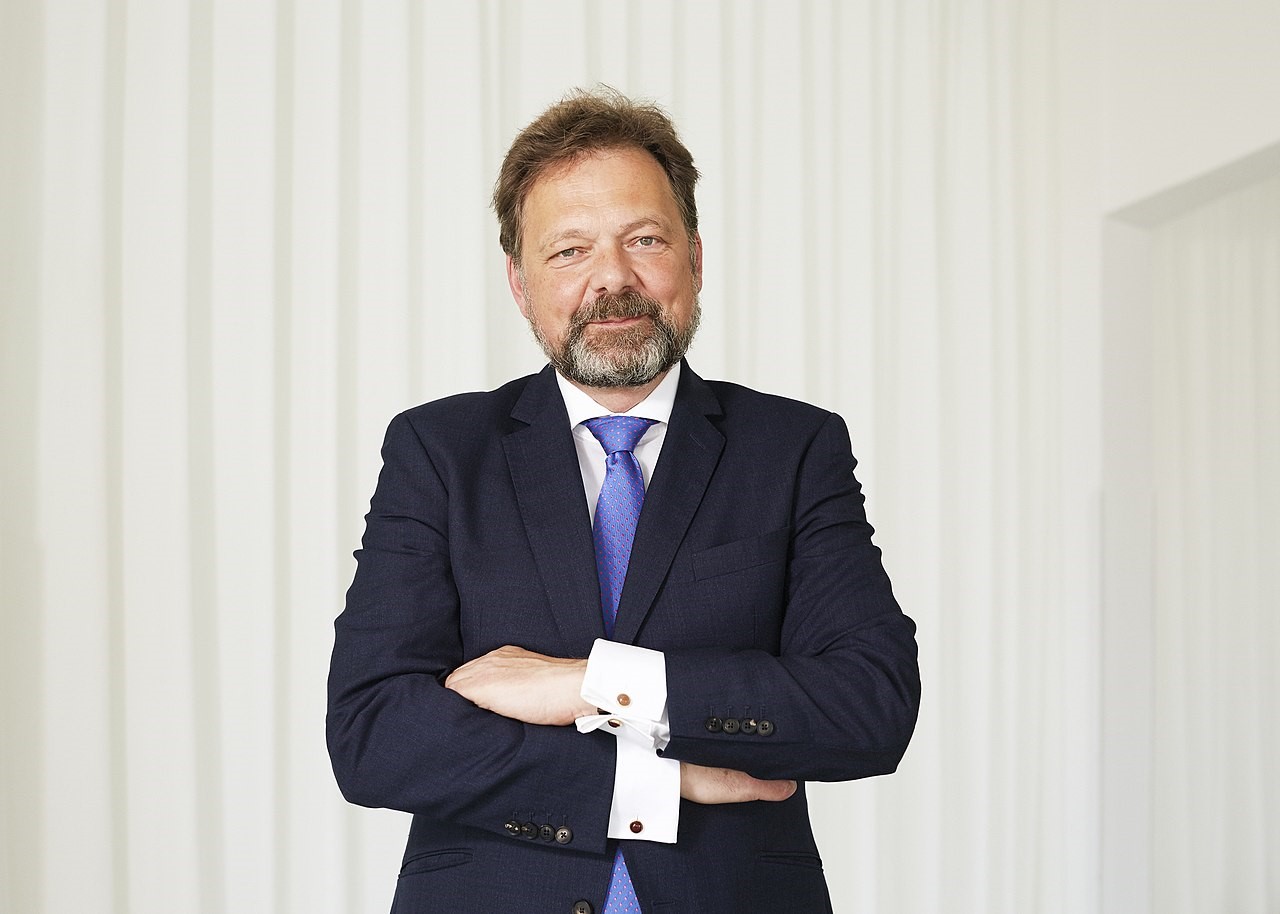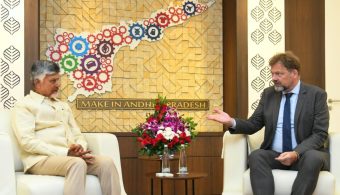German Ambassador to India Dr. Philipp Ackermann on Wednesday, 27 November, called for increased international engagement and collaboration following the conclusion of COP29 in Baku, Azerbaijan.
Speaking about the outcomes of the two-week climate summit, Dr. Ackermann emphasized the need to move beyond financing discussions and focus on actionable commitments to tackle the global climate crisis. “It would have been good to see more engagement. The recently concluded COP29 has been reduced to the financing question. It would be pertinent now to think how you take it from there to the next level in the next 12 months,” he said in an interview.
Financing and Resistance from Fossil Fuel Producers
Acknowledging the focus on financing during the negotiations, Dr. Ackermann noted that the $300 billion climate finance pledge by developed nations fell short of expectations. “Financing was by far the biggest item on the agenda … We have tripled it since last year when it was only $100 billion, but we need to do more,” he stated.
He also highlighted resistance from fossil fuel-producing nations as a key challenge. “We wish that countries that produce fossil fuels would be more forthcoming and more creative in their thinking,” he said, adding that private sector involvement remains a crucial component of climate financing.
India’s Perspective and Role in Renewables
India, which rejected the COP29 climate finance deal, has criticized the pledge as insufficient to meet the needs of developing nations. India’s lead negotiator, Chandni Raina, referred to the deal as an “optical illusion.”
Despite the disagreements, Dr. Ackermann praised India’s efforts in the renewable energy sector. “What happens in India on the ground is fantastic… Private companies are aggressively promoting renewables and making business cases on them because, at the end of the day, they will be cheaper than any fossil produce,” he said.
Indo-German Partnership on Green Development
Dr. Ackermann highlighted the robust bilateral collaboration between India and Germany under the ‘Indo-German Partnership for Green and Sustainable Development’ (GSDP), launched in May 2022. “Over the next 10 years, through this partnership, we will come up with concrete ways to improve the life of many citizens,” he said.
The GSDP, aligned with the Paris Agreement and the UN’s 2030 Agenda, focuses on shared solutions for global challenges, including renewable energy, urban sustainability, and climate resilience.
Looking Ahead to COP30
With the next COP summit scheduled to take place in Belém, Brazil, Dr. Ackermann expressed hope for more productive outcomes. “We have taken note of the Indian objection, but at the same time, I think everybody should now sit and think how the next COP can have a place of its own,” he said.
Dr. Ackermann concluded by emphasizing the importance of building bridges across nations, particularly with small island states and vulnerable communities most affected by climate change.



